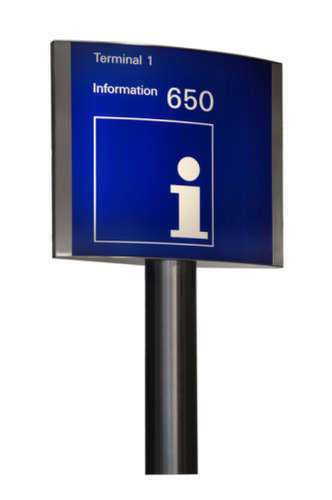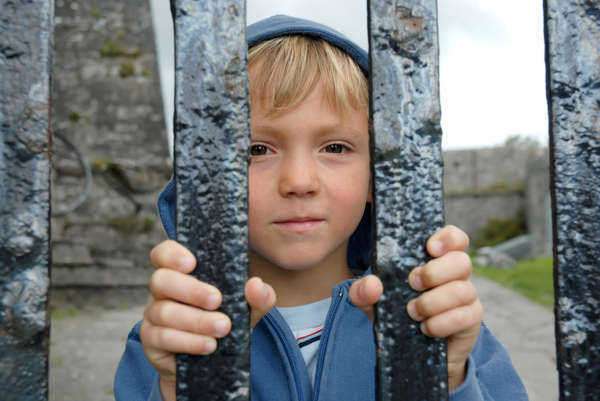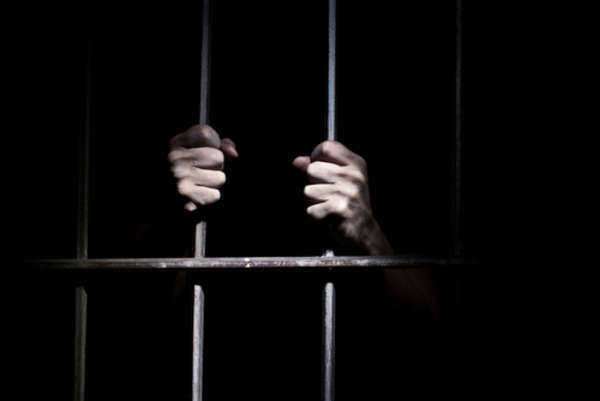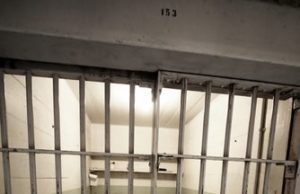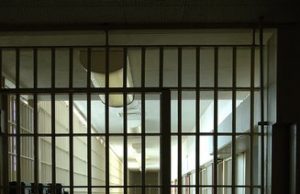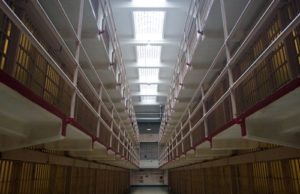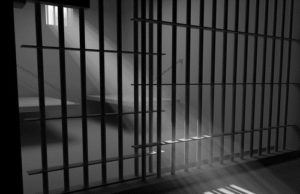
Detention
The term detention is usually used to refer to the process of holding an individual, either for questioning or as a form of punishment. When an individual is placed in a detention center, he/she may be held here until he/she trial occurs, or he/she may remain here to complete a sentence ordered by the court.
Juvenile Detention Center
A juvenile detention center is a facility at which juvenile offenders are contained while awaiting a court hearing, or following sentencing. Juvenile detention centers are not considered to be punitive. Instead, they are intended to reform juvenile offenders through the use of education and counseling, and to provide youth with the skills needed to succeed.
Juvenile Records
Juvenile records are criminal records that are acquired by criminal offenders who are under the age of 18. Many people falsely believe that these records are automatically expunged when an individual turns 18. However, potential employers and admissions boards may be able to review these records or preform a juvenile inmate search, if the records are not sealed.
Juvenile Death Penalty
The juvenile death penalty has been, and continues to be, a source of extensive debate. Supports of juvenile capital punishment believe that juveniles responsible for capital murder should be subject to the death penalty. People who oppose juvenile capital punishment often argue that juvenile jail is an effective at deterring offenders and protecting the public.
Juvenile Boot Camps
Juvenile boot camps are facilities that juvenile offenders are sent to, in order to undergo a militaristic physical training regimen, designed to promote discipline and initiate behavioral modification. In some cases, a juvenile offender may be sentenced to complete a boot camp program, as opposed to being sentenced to incarceration.
Detention Officer Jobs
Individuals who are employed in juvenile detention officer jobs work within juvenile correctional facilities, supervising the juvenile offenders who reside within these facilities. The responsibilities of people employed within detention officer jobs vary greatly, and include duties necessary to maintain the safety, health, and well being of the residents.
Clark County Detention Center
The Clark Country Detention Center is a detention facility dedicated to housing juveniles and prisoners awaiting trial within the state of Nevada. Online, the detention center provides individuals with access to an array of valuable resources, including the Clark County Detention Center inmate search.
Gwinnett County Detention Center
The Gwinnett County Detention Center is a prison located in Georgia. It is a maximum security facility that houses over 2,000 convicted criminals. The Gwinnett Detention Center is a relatively new prison. There are currently prisoners on death row, awaiting the death penalty by lethal injection.
Bernalillo County Detention Center
There are two different types of correctional facilities located within Albuquerque, New Mexico. The Metropolitan Detention Center is a facility that primarily handles adult offenders, while the Bernalillo County Detention Center offers a Youth Services department that focuses on juveniles who have been convicted of criminal behavior, and their rehabilitation.
Fayette County Detention Center
The Fayette County Detention Center is a facility located in Lexington, Kentucky. It is dedicated to housing juvenile offenders and ensuring that they have access to important resources, such as an appropriate education. Recently, plans have been made to renovate this juvenile hall, to ensure that it can accommodate the necessary juveniles.
Yellowstone County Detention Facility
Yellowstone County Detention Facility is a small prison located in Yellowstone, Montana. In addition to these adult incarceration facilities, Montana’s juvenile justice department has created numerous juvenile detention facilities, dedicated to housing and caring for juvenile offenders. One of these facilities is the Cascade County Regional Youth Services Center.
Richland County Detention Center
South Carolina maintains a juvenile detention center that contains juvenile offenders from all counties within the state. In addition to Charlotte County and Richland County, detention center facilities have been created in Columbia County, in order to provide long term care to juveniles who have been charged with committing crimes.
Parwan Detention Facility
Parwan Detention Facility is a large prison located in Afghanistan. The United States military developed the detention facility to house insurgents, however, by 2014, Afghan officials will run the facility. It is an extensive complex that can contain many convicted criminals. In order to effectively operate the detention facility, some fundamental complications must be resolved.
Spartanburg County Detention Center
The Spartanburg County Detention Center is a detention facility located in South Caroline. This prison houses adults who are awaiting their trials, and convicted criminals who have been sentenced to short prison terms. In addition, a portion of the facility is dedicated to housing individuals who have been convicted of juvenile crimes.
Juvenile Justice System
The term juvenile justice system refers to a series federal and state department that are responsible for administering juvenile justice to minors who have been convicted of committing crimes. In most instances, a juvenile offender will not receive the extensive sentence that adult offenders receive. The procedures involved in the juvenile justice system are unique.
